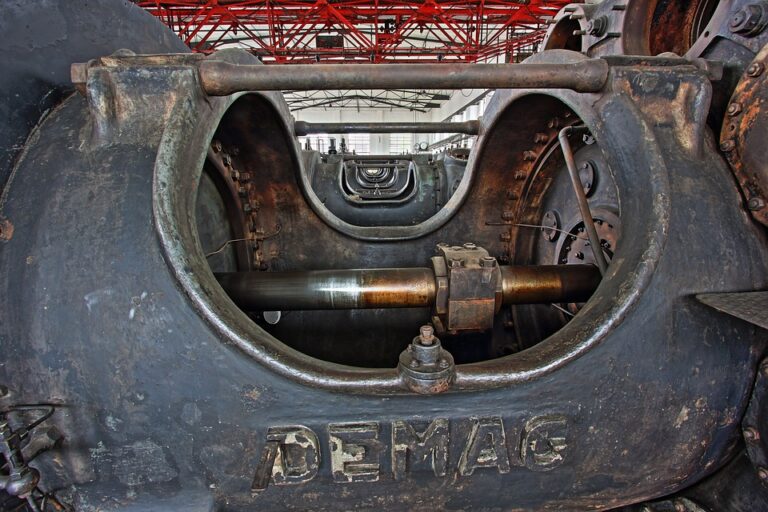When it comes to air compressor failures, many people blame old age or lack of maintenance. However, there is one surprising culprit that often goes unnoticed – moisture.
How Moisture Causes Air Compressor Failures
Moisture in the air can easily find its way into the compressor system through the intake valve. Once inside, the moisture can cause a range of issues, including:
- Corrosion of internal components
- Freezing in colder temperatures
- Reduced efficiency and performance
- Increased wear and tear on the compressor
Over time, these problems can lead to serious damage and even complete failure of the air compressor.
Preventing Moisture-Related Failures
Fortunately, there are several ways to prevent moisture from causing damage to your air compressor:
- Install a moisture separator/filter to remove excess moisture from the air before it enters the compressor.
- Regularly drain the compressor tank to remove any accumulated moisture.
- Keep the compressor in a dry, well-ventilated area to prevent condensation.
- Use a synthetic compressor oil that is less likely to attract moisture.
By taking these preventative measures, you can prolong the life of your air compressor and avoid costly repairs.
Conclusion
Moisture may not be the first thing that comes to mind when thinking about air compressor failures, but it can have a major impact on the performance and longevity of your compressor. By taking steps to prevent moisture from entering the system, you can ensure that your air compressor operates at peak efficiency for years to come.
FAQs
Q: How do I know if my air compressor has moisture issues?
A: Signs of moisture-related issues include rust or corrosion on internal components, reduced performance, and unusual sounds or vibrations.
Q: Can I use a regular compressor oil instead of a synthetic one?
A: While regular compressor oil may be cheaper, it is more likely to attract moisture and cause problems in the long run. It is recommended to use a synthetic compressor oil for better performance and longevity.
Q: How often should I drain my compressor tank?
A: It is recommended to drain the compressor tank after each use to remove any accumulated moisture. Additionally, it is a good idea to inspect the tank regularly for signs of moisture buildup.

